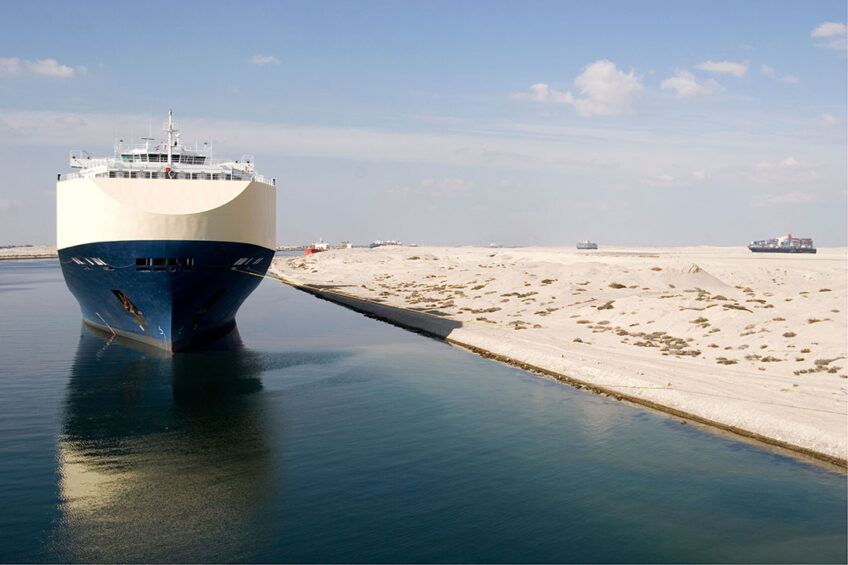Risks of Houthi attacks in the Red Sea drive feed additive prices up

Global prices for lysine and threonine are on the rise as the conflict in the Red Sea takes a heavy toll on logistics costs in the industry, Feedlot, a Moscow-based think tank, estimated.
Recent attacks on commercial vessels by the Houthi militia in the Red Sea have put the cargo flows running through this vital shipping region in jeopardy. The UN Security Council recently passed a resolution demanding an immediate end to the Houthi attacks, while the US and UK have launched a series of strikes on Yemen against the rebels.
Economists have already sounded the alarm over the impact of the crisis on the global economy.
A prolonged conflict in the Red Sea and escalating tensions across the Middle East may have a devastating effect on the global economy, reigniting inflation and disrupting energy supplies, the World Bank recently said.
Soaring logistic costs
The feed additive market has already felt the sting of the crisis, Feedlot claimed. Freights now route through South Africa rather than the Suez Canal due to the risk of a Houthi attack in the Red Sea. Coupled with the effect of the Chinese New Year, freight costs have recently jumped by a factor of 4 to 5 times compared with the end of 2023, the think tank reported.
Feedlot also reported that prices for lysine and threonine are following an upward trend both for immediate delivery and for delivery in the second quarter of 2024. At the same time, buyers have already signed most of the planned contracts for lysine and threonine for the first quarter and, in some cases, for the beginning of the second quarter.
Limited impact
Other feed additives have not been impacted by the Red Sea crisis as yet. The cost of methionine has remained unchanged in recent weeks, while the valine prices have stabilised after a decline.
“This [drop in valine prices] was associated with a refusal of one of the main Western suppliers from further deliveries in the second quarter. His decision was influenced by uncertainty regarding the cost of freight from Asia,” the analysts said.
“Vitamin C manufacturers have still not announced prices, and the market has stabilised a little. But most forward contracts were concluded during a period of low prices,” the analysts added.
Several vitamin B3 suppliers have stopped offering it to customers as its price hit record lows. The artificially created shortage led to some stabilisation of prices and even a slight increase in the cost of the vitamin with the immediate shipment, the company stated.







